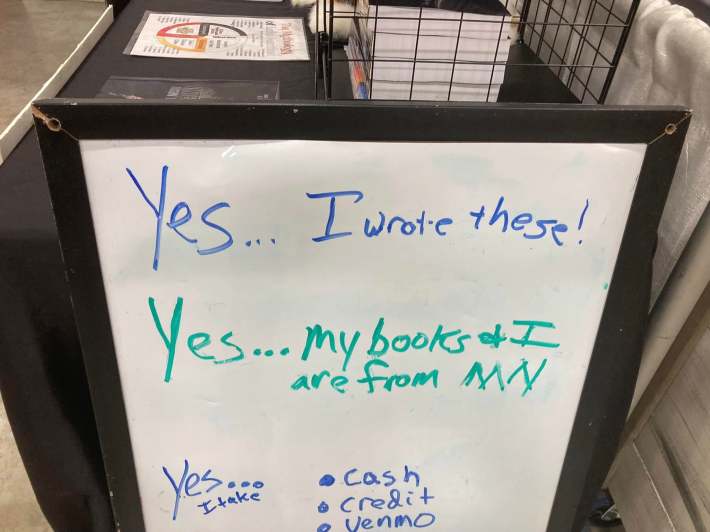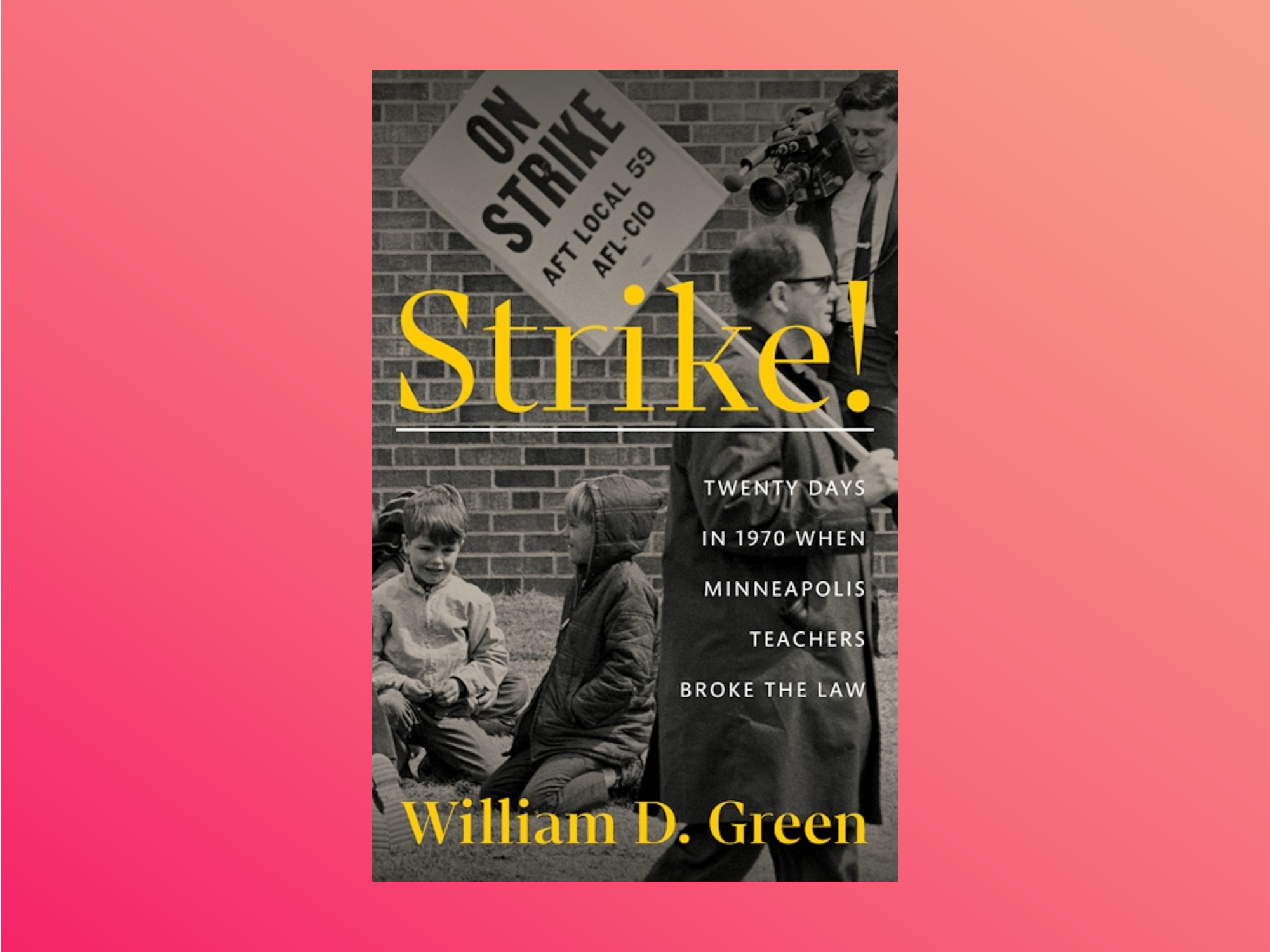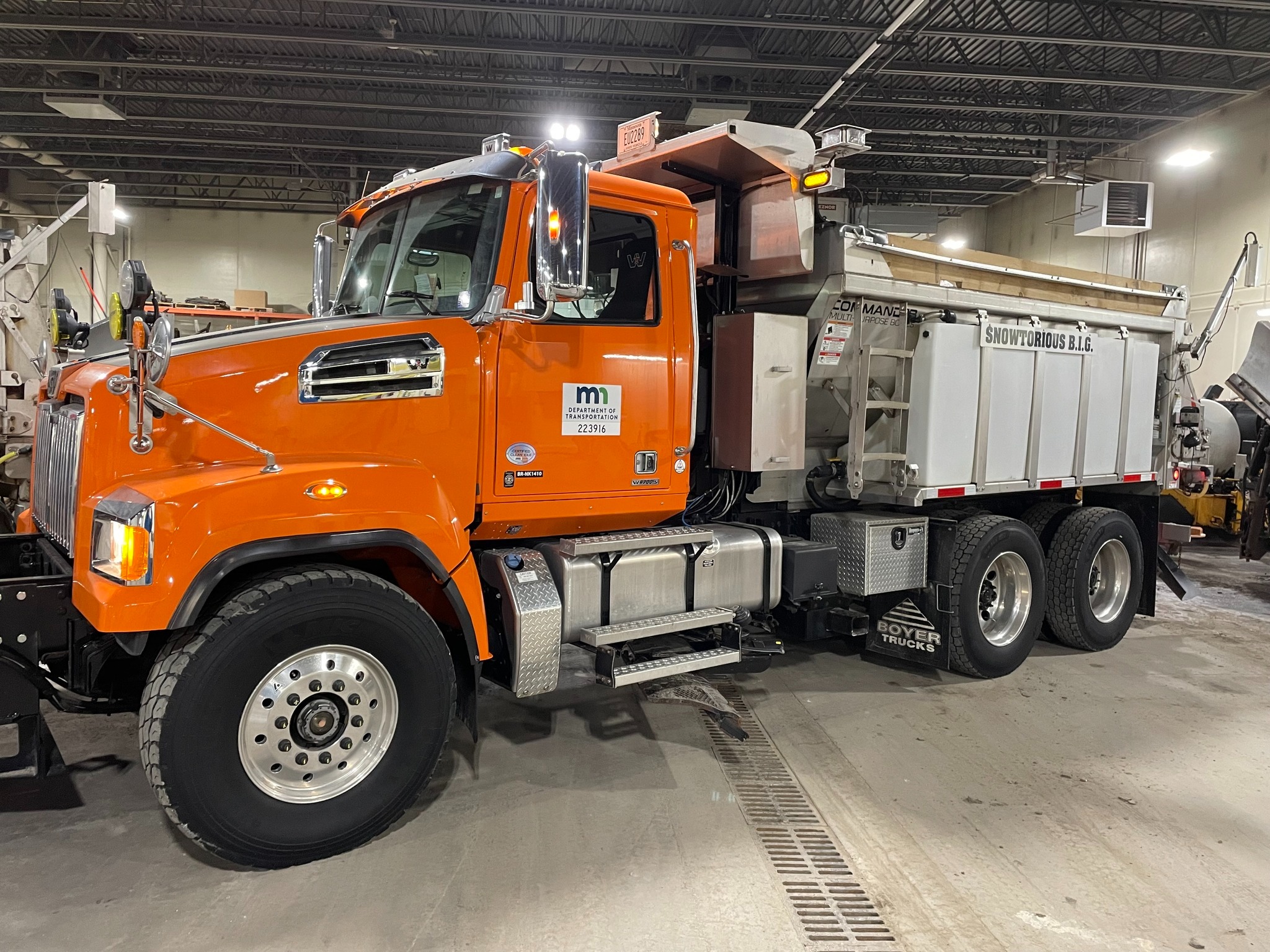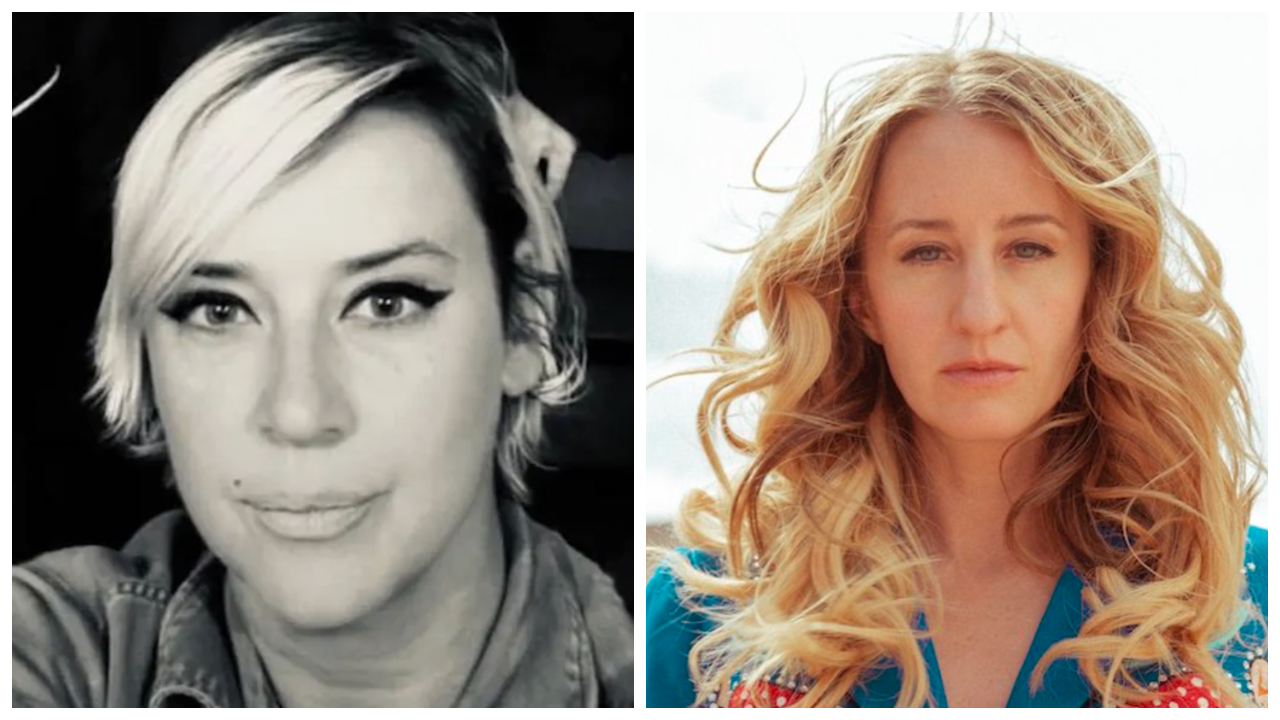“I came within a snail's hair of getting traditionally published not once, but three times,” says Iowa-based author Ben Wolf. “After the third time, I said, ‘Screw it. I'm going indie.’”
Deciding he had nothing to lose, Wolf spent a few years eking out a modest income, eventually working full-time as a writer and bookseller. A decade later, he’s the author of 27 independently released sci-fi and fantasy books and is proud to say he’s part of a new era of publishing.
“Indie publishing has gained an exceptional foothold in the industry,” he says. “And it actively challenges the structures of traditional publishing.”
Jeri Shepherd, a leather-clad indie sci-fi author, agrees. "I've done both routes, and ultimately, I make more money, can move at my own pace, and have more control of the products on the self-published route."
If you’ve read anything lately about the book industry, it probably wasn’t good news. Big publishing houses are merging, tech bros are flooding the market with AI “content,” and, of course, Amazon has been redirecting profits away from publishers, authors, and local bookstores for 30 years. Toss in a bit of curmudgeoning over smartphones and attention spans, and we’re left with the overwhelming impression that books are dying.
But people are buying books. Up to 700 million of ’em a year. Readers spend roughly $9.1 billion on books in the U.S. annually. About 65% of adults in the U.S. have read a physical book in the last 12 months. And printed books remain the most popular format (though audiobooks are quickly closing the gap).
Undeniably, the literary ecosystem is rife with new challenges and pressures. But there are also new opportunities and less rigidity. While large publishing house dinosaurs may be struggling to survive, smaller, more adaptable mammals are crawling out of the book world’s primordial ooze. These optimistic, determined, plucky, and talented up-and-coming independent authors are reshaping their environment and the industry in a variety of ways.
“You don’t have to be based out of New York City, Chicago, or anywhere that has always been the ‘it” place for writers,” says Christopher D. Schmitz, a kilt-wearing, bagpipe-playing author residing in Redwood Falls, MN. “People still have this weird belief that indies aren’t real authors.”
Oh, but they are very real.
On a brisk and wet October weekend, thousands of nerds, geeks, fanboys, cosplayers, gawkers, collectors, and celebrities gather inside the Minneapolis Convention Center for Twin Cities Con, an annual comic and pop-culture convention. Amongst them are a slew of independently published authors. These authors travel all across the Midwest and, in some cases, all across the country, selling books at sites like conventions, renaissance fairs, farmers’ markets, bookstore events, shopping malls, and breweries.
“I set up booths most weekends—from Nevada to Florida, South Dakota to Texas, and everywhere between,” says Nebraska-based author Jody J. Sperling, noting that Wisconsin and Minnesota are especially good markets.
With major events like Twin Cities Con, Crypticon, Nerdin’ Out Con, and CONvergence coming to Minneapolis in 2025—all of which feature book sales, readings, author panels, and workshops—it’s no surprise indie sellers clean up here.
For decades, the image of a successful author was that of a recluse who hammered away at a typewriter. But for this new generation of writers, success is about travel, being social, and making money without a large corporation taking a cut.
“One person at a time. One handshake and smile at a time. One book at a time,” proclaims horror writer Evan Clouse when asked what “success” means for him as an author. “That is what a typical event is for me.”
“Picture a book festival,” says Minnesota author Jason Lee Willis. “The traditional author has a great day and sells 100 books and gets 10% percent of the sales. I sell only 10 books and get 100% of the sales. When the event is over, I have cash in hand while the trad author has to wait a few months to see his payment.”

Still, the in-person book sale circuit is hard work and takes time. It’s a grind, from weekends spent driving to lugging stock into booths to standing for hours, not to mention the potential dud of an event where sales are slow. At this level, one fan or one sale can the difference.
“Success for me was when a woman marched right up and said she'd met me a year earlier at a comic con and needed book two,” says vampire/cop buddy romance novel writer EH Drake. “She even had book one in her purse to show me. Her enthusiasm touched my heart.”
But how does a grassroots strategy stand against AI-generated content and the shiny new tech that is somehow going to save every industry, including books? New businesses like 8080 Books, whose parent company is Microsoft, aim to “disrupt” the market with generative AI-created content. Terrifyingly, the company has made it a goal to release over 8,000 books in 2025 alone.
Ironically, much of this AI-generated content is derivative summaries of human-written books, and not quality summaries at that.
“The amount of just ‘stuff’ and ‘content’ pouring into the world in the last couple of years has been tsunamic,” says Shepherd. “My own motto for many years has been: ‘Be Gloriously Human.’”
Even if AI-generated content is an evolutionary dead-end, its prominence could act as an evolutionary bottleneck.
“The rise of AI and the fact that many companies are promising to start using this to create ‘original’ content—which is decidedly unoriginal and mostly, well, bad—will discourage [indie writers],” predicts Schmitz. “While [AI publishers] are not likely to be as successful as they think, they’re going to hurt a lot of people in the process, and all of those people will be the small independent creators.”
Still, savvy indie book authors and publishers will carry on, and find their own successes, even if there may never be another Barnes & Noble era.
“There has always been this attitude that self-publishing is a shortcut, and I reject that,” says Darby Harn, a soft-spoken author with a love for Irish beers and sci-fi pop culture. “Nothing about it is easy… but here are incredible writers doing incredible things in the indie space that simply would not have a place in [traditional publishing]. It’s a vital, creative, exciting movement.”






